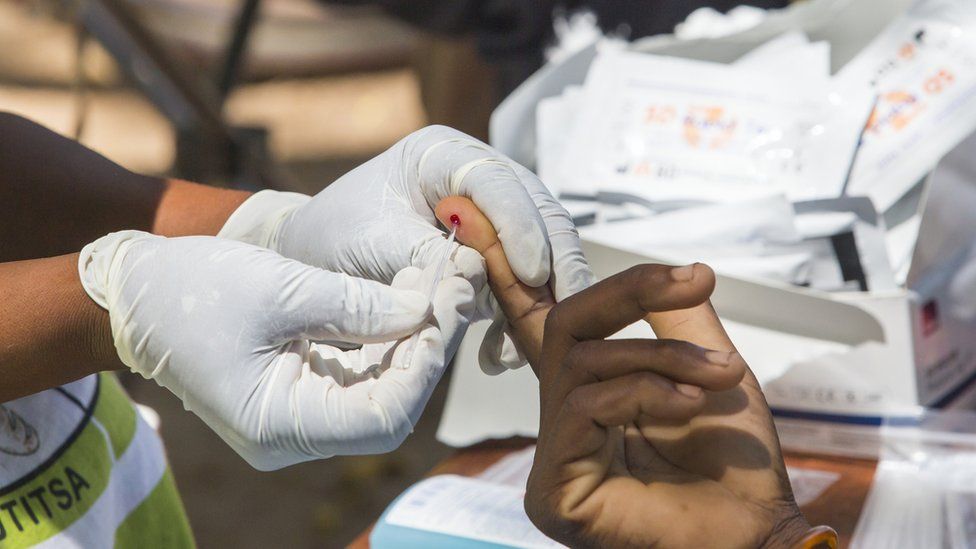-

-
-
Loading

Loading

Cape Verde, a sub-Saharan African nation, has been declared malaria-free by the World Health Organization (WHO) for the first time in 50 years. This is a significant achievement, as malaria is a major cause of death in Africa, accounting for 95% of fatalities worldwide in 2022. The disease is spread by mosquito bites and is caused by a complex parasite. While vaccines are being used in some places, the most effective ways to prevent malaria are monitoring the disease and avoiding mosquito bites. Cape Verde, a small island nation off the coast of West Africa, has worked tirelessly for years to strengthen its health systems, improve access to diagnosis and treatment, and control mosquitoes. The country's surveillance officers have been vigilant in early detection of cases and mosquito control. Cape Verde's plan for malaria control also includes providing free care and diagnostic services to international travelers and migrants in order to prevent cases from being imported from mainland Africa. Cape Verde's Health Minister, Dr. Filomena Gonçalves, expressed her gratitude to the health professionals, collaborators, communities, and international partners who contributed to this success. Dr. Dorothy Achu Fosah from the WHO Africa office also expressed her excitement and pleasure with the results, stating that malaria had been "kicked out" of the country. Health experts see Cape Verde's achievement as a valuable example for other small countries in Africa, showcasing that containment and elimination policies can be effective. In the past, malaria was found on all nine inhabited islands of Cape Verde, but in recent years, efforts were concentrated on the island of São Tiago, where the disease persisted. The fact that Cape Verde is an archipelago played a significant role in its success. On an island, it is easier to track the areas most affected by the disease and monitor its transfer from one island to another, compared to a continuous land mass. In countries with high mobility populations, such as Nigeria, Tanzania, and the Democratic Republic of Congo, eradicating malaria becomes more challenging as people regularly cross borders. Cape Verde's success gives hope that, with existing tools and new ones like vaccines, a malaria-free world is possible, according to WHO Director-General Dr. Tedros Adhanom Ghebreyesus. The last sub-Saharan African country to achieve malaria-free status was Mauritius in 1973, and Algeria in North Africa attained this status in 2019.